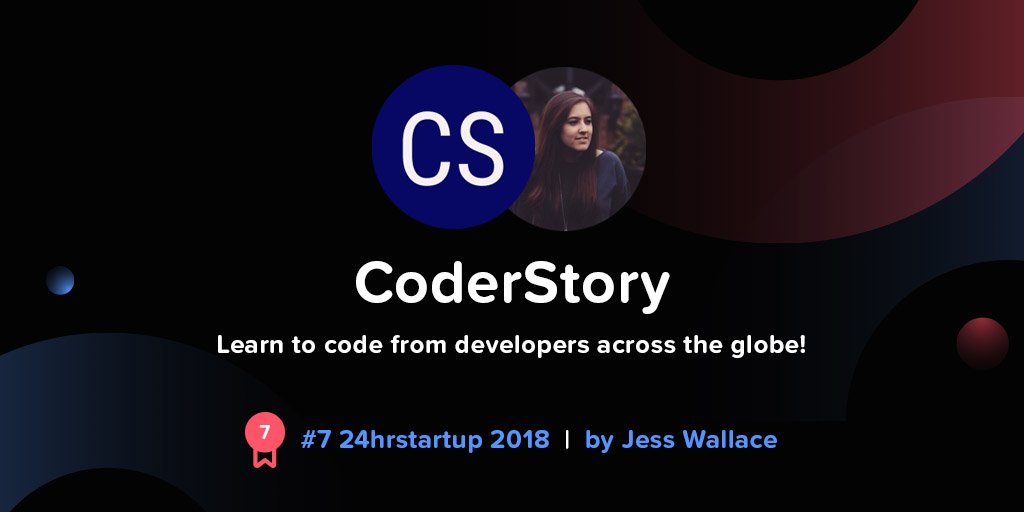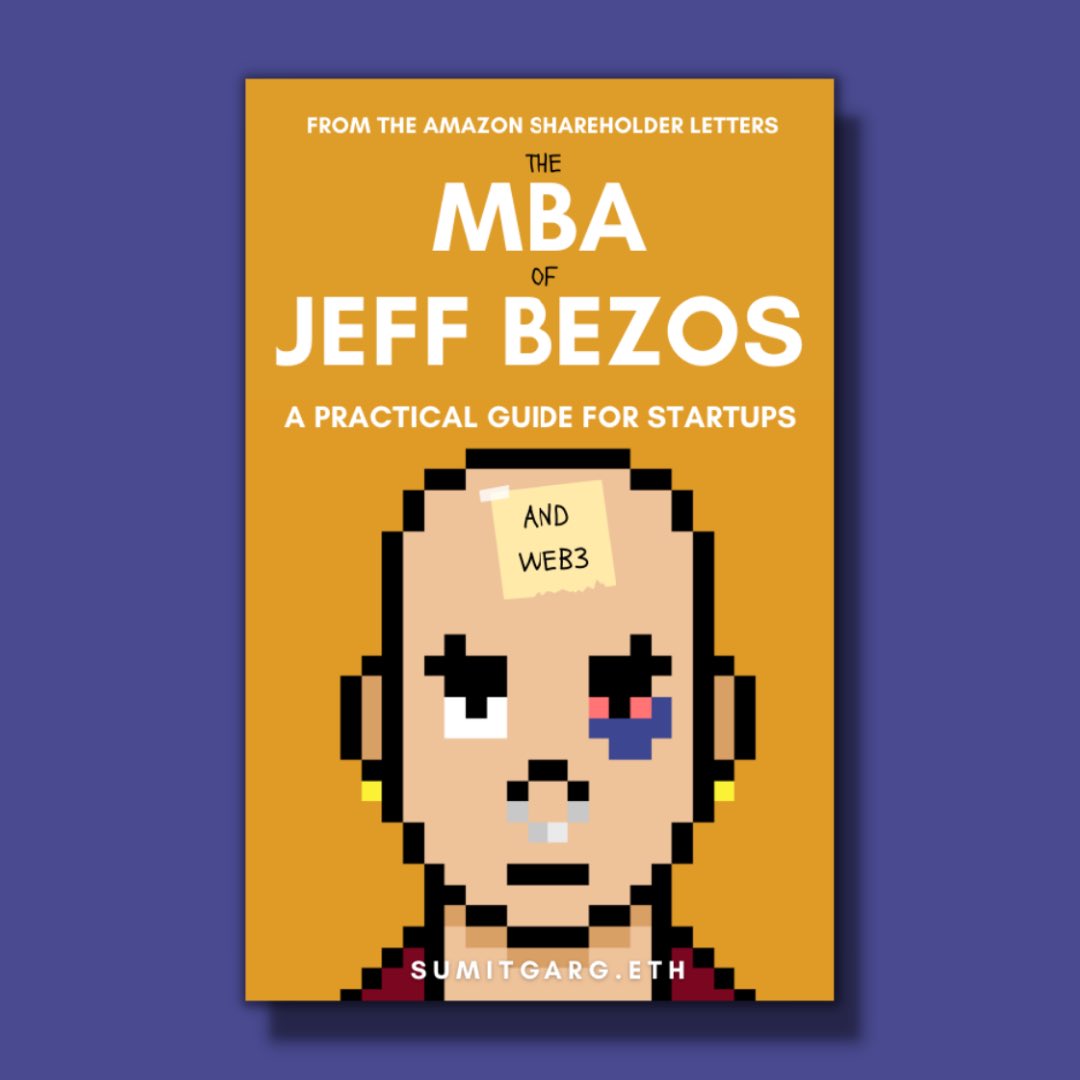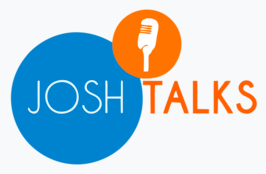I've read all of Jeff Bezos's 23 years of Amazon shareholder letters twice now.
It's an MBA of its own.
Here's what I learned about startups, entrepreneurship, investing and more:
We set ourselves the incredibly audacious goal of improving upon the physical book.
So don't be afraid to set big goals.
And remember that if you don't execute well, it will be done by someone else.
So then, when you fix it, you’re not just fixing it for one customer. You’re fixing it for every customer.
Success often comes through iteration: invent, launch, reinvent, relaunch, start over, rinse, repeat, again and again.
Remember that failure is part invention.
So better to fail early and iterate until you get it right.
Outsized returns come from betting against conventional wisdom.
Given a ten percent chance of a one hundred times payoff, you should take that bet every time.
But you're still going to be wrong nine times out of ten.
1/2
Let's talk about baseball.
If you swing for the fences, you're going to strike out a lot, but you're also going to hit some home runs. It's as true for business as it is for baseball.
However, there's just one difference.
Baseball has a truncated outcome
distribution: No matter how well you connect, the most you can get is 4.
In business, every once in a while, when you step up to the plate, you can score one thousand runs.
This long-tailed distribution of returns is why you should be bold.
1/2
If you had asked a customer "Would you like a black, always-on cylinder in your kitchen about the size of a Pringles-can that you can talk to and ask questions, that also turns on your lights and plays music?"
They would've said no.
No customer was asking for Echo. This was definitely Amazon wandering.
Wandering is an essential counterbalance to efficiency.
You need to employ both.
The outsized discoveries require wandering.
Many investors are short-term tenants, they turn their portfolios so quickly that they are really just renting the stocks they temporarily "own."
Owners aren't so short-sighted.
Long-term thinking is both a requirement and an outcome of true ownership.
— Benjamin Graham
You aren't 10% smarter with a 10% increase in stock price and conversely aren't 10% dumber when it goes down.
Always want to be weighed.
3 questions to consider before hiring:
1. Will you admire this person?
2. Will they raise the average level of effectiveness of the group?
3. Along what dimension might this person be a superstar?
Once a year, Amazon offers to pay its employees to quit.
While the headline says "Please Don't Take This Offer." The goal is to make them rethink their priorities.
An employee staying somewhere they don't want to be isn't healthy for the employee or the company.
(Amazon leadership principles)
1/2
First, you have to be able to recognize what good looks like in that domain.
Second, you must have realistic expectations for how hard it should be to achieve that result — the scope.
Just one example / perfect headstands
Most people think that if they work hard, they can master a handstand in about two weeks.
In reality, it takes about six months of daily practice.
If you think you can do it in two weeks, you're just going to end up quitting.
Wait for 90, and you're being slow.
Plus, if you're good at course correcting, which you should be, then being wrong will be less costly than being slow.
If you have conviction without consensus, it's helpful to say,
"Look, I know we disagree on this, but will you gamble with me on it?"
No one can know the answer for sure, and you'll probably get a quick yes.
Day 2 is stasis. Followed by irrelevance. Followed by excruciating, painful decline. Followed by death.
And that is why it is always Day 1.
At 15 mins, it's slightly bigger — enough to share the ideas more freely. It's $9, so, maybe, show your support!
Regardless, retweet, and follow me @sumitgrrg for more of these.
Thanks!
https://t.co/pa3MwgLWCj
More from Sumit Grrg
Five billionaires share their top lessons on startups, life and entrepreneurship (1/10)
I interviewed 5 billionaires this week
— GREG ISENBERG (@gregisenberg) January 23, 2021
I asked them to share their lessons learned on startups, life and entrepreneurship:
Here's what they told me:
10 competitive advantages that will trump talent (2/10)
To outperform, you need serious competitive advantages.
— Sahil Bloom (@SahilBloom) March 20, 2021
But contrary to what you have been told, most of them don't require talent.
10 competitive advantages that you can start developing today:
Some harsh truths you probably don’t want to hear (3/10)
I\u2019ve gotten a lot of bad advice in my career and I see even more of it here on Twitter.
— Nick Huber (@sweatystartup) January 3, 2021
Time for a stiff drink and some truth you probably dont want to hear.
\U0001f447\U0001f447
10 significant lies you’re told about the world (4/10)
THREAD: 10 significant lies you're told about the world.
— Julian Shapiro (@Julian) January 9, 2021
On startups, writing, and your career:
More from Startup
Here's how to get your startup off the ground in 15 days
It will be intense, but doable.
Let me show you exactly how 🧵
We will cover:
Part 1. How to Launch an awesome website (10 Hours)
Part 2. How to build your MVP (5 Hours x 7 Days)
Part 3. How to get your first 100 customers (5 Hours x 7 Days)
Part 4. How to manage and organize your operation (5 Hours)
Total Time - 80 Hours
Part 1. How to Launch an awesome website in 10 Hours
1. https://t.co/qzi3JRPWzg
- Buy a domain in 5 minutes
- Get a professional emails like [email protected]
Time - 15 minutes
2. https://t.co/EsAldktfff
- Get logo inspiration from https://t.co/Mpedds2OzF
- Design Slick Brand Logos on Figma
Time - 45 minutes
3. https://t.co/nWr3RlzSNf
- Pick a matching template from their 500+ template gallery (it's like having someone do the work for you)
- edit the headline, the features, and add stock photos from the internet
- Keep it simple
Time - 2 hours
You May Also Like
Those who exited at 1500 needed money. They can always come back near 969. Those who exited at 230 also needed money. They can come back near 95.
Those who sold L @ 660 can always come back at 360. Those who sold S last week can be back @ 301
Sir, Log yahan.. 13 days patience nhi rakh sakte aur aap 2013 ki baat kar rahe ho. Even Aap Ready made portfolio banakar bhi de do to bhi wo 1 month me hi EXIT kar denge \U0001f602
— BhavinKhengarSuratGujarat (@IntradayWithBRK) September 19, 2021
Neuland 2700 se 1500 & Sequent 330 to 230 kya huwa.. 99% retailers/investors twitter par charcha n EXIT\U0001f602
Beautifully read: why bookselfies are all over Instagram https://t.co/pBQA3JY0xm
— Guardian Books (@GuardianBooks) October 30, 2018
THEY DO READ THEM, YOU JUDGY, RACOON-PICKED TRASH BIN

If you come for Bookstagram, i will fight you.
In appreciation, here are some of my favourite bookstagrams of my books: (photos by lit_nerd37, mybookacademy, bookswrotemystory, and scorpio_books)

THE WINNERS OF THE 24 HOUR STARTUP CHALLENGE
Remember, this money is just fun. If you launched a product (or even attempted a launch) - you did something worth MUCH more than $1,000.
#24hrstartup
The winners 👇
#10
Lattes For Change - Skip a latte and save a life.
https://t.co/M75RAirZzs
@frantzfries built a platform where you can see how skipping your morning latte could do for the world.
A great product for a great cause.
Congrats Chris on winning $250!
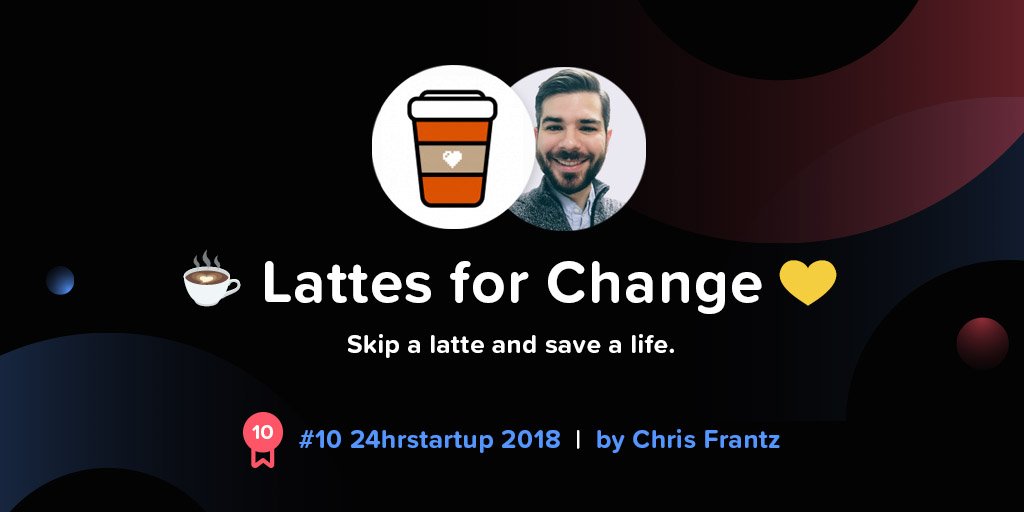
#9
Instaland - Create amazing landing pages for your followers.
https://t.co/5KkveJTAsy
A team project! @bpmct and @BaileyPumfleet built a tool for social media influencers to create simple "swipe up" landing pages for followers.
Really impressive for 24 hours. Congrats!
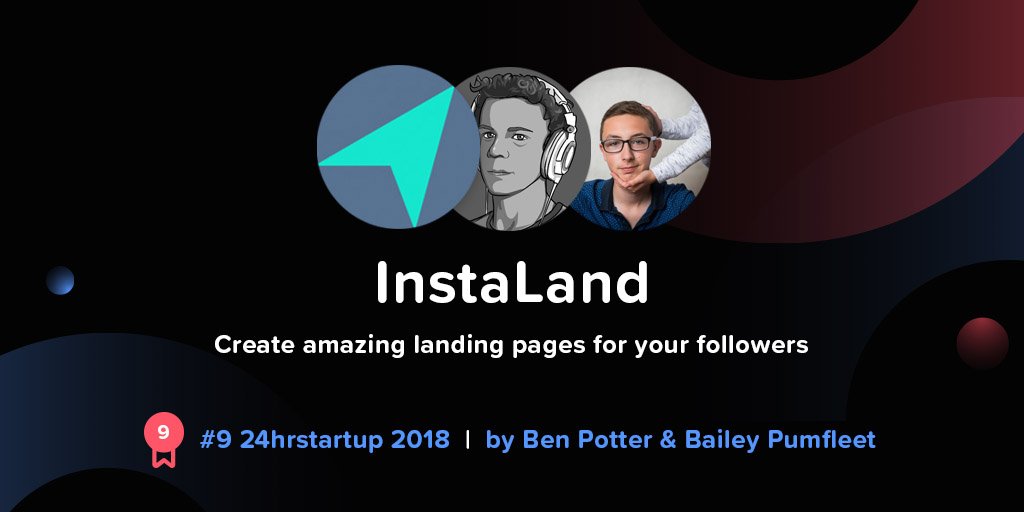
#8
SayHenlo - Chat without distractions
https://t.co/og0B7gmkW6
Built by @DaltonEdwards, it's a platform for combatting conversation overload. This product was also coded exclusively from an iPad 😲
Dalton is a beast. I'm so excited he placed in the top 10.
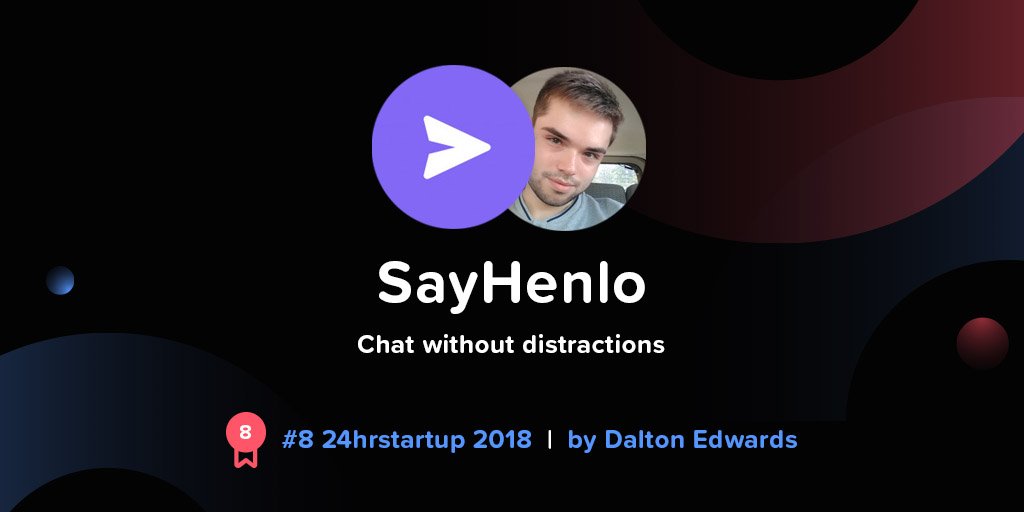
#7
CoderStory - Learn to code from developers across the globe!
https://t.co/86Ay6nF4AY
Built by @jesswallaceuk, the project is focused on highlighting the experience of developers and people learning to code.
I wish this existed when I learned to code! Congrats on $250!!
